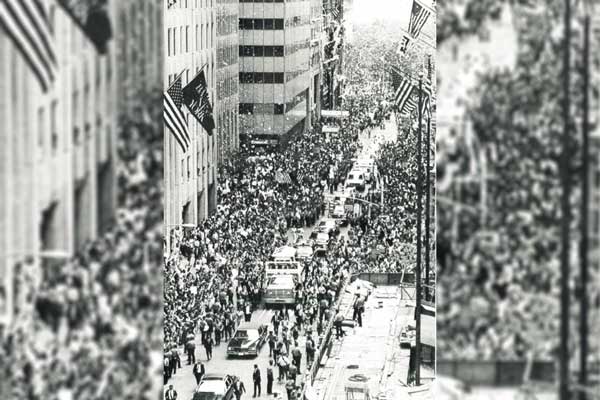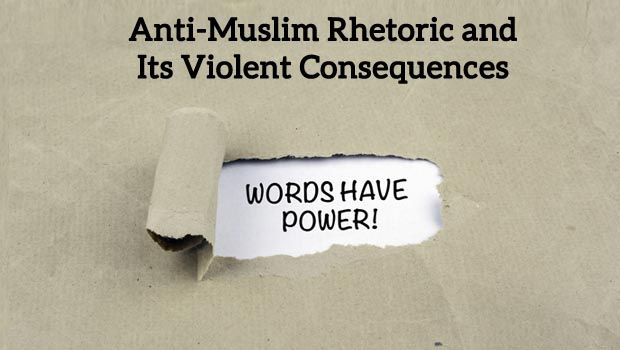He came, he saw, he conquered. That’s how Nelson Mandela concluded his trip to the United States. To Americans, who love celebrities to the extent that they often create them, this South African was nothing but a legend deserving unfettered praise and support. And in the case of New York City, he was a hometown hero.
Mandela’s welcome was indeed awe-inspiring, but the pomp and praise surrounding it made some uneasy from this country to South Africa. A number of Americans wrote newspaper articles urging Mr. Mandela to renounce the use of violence, and on NBC a white South African supporter of the deputy president of the African National Congress commented, “Mr. Mandela is to be respected, but he’s not God.” Minor protests against Mr. Mandela also came from Cuban-Americans, who were angered by his remarks on Fidel Castro, and from Jews, who fumed over his support for Yasir Arafat.
Mr. Mandela wound up his whirlwind eight-city tour of the United States with millions of dollars for ANC and a Congressional assurance that sanctions against the racist Pretoria government would continue. The European community, fully cognizant of the aura of his personality and the international support he enjoyed, also declared to keep the economic pressure against South Africa going.

Mandela motorcade in Manhattan, N.Y.: A brief show of harmony in a racially divided city
What is it that has made Mr. Mandela into a living folk-hero for many Americans? The answer perhaps lies in America’s own racist past. To many Americans, racism is still a burden on their conscience and Mr. Mandela, who is a victim of racism, reminded them of the haunting legacy and the need to bury it once and for all. Mr. Mandela’s epic fame in this country is partly a result of his 27 1/2 years of imprisonment in South Africa for advocating an armed struggle against apartheid. He has easily dwarfed, even drowned out (not by design), other leaders of ANC, including its president, Walter Sisulu. Like one has to die to be called a martyr, he had to serve hard labor to eventually become a legend.
But the way Mr. Mandela was treated here was also a tribute to the African-American community, whose political clout equals, sometimes even exceeds, that of the Jewish community. Had it not been for the leadership of people like Martin Luther King Jr., Elhajj Malik Shabazz (Malcolm X), and Rev. Jesse Jackson, the African-American pride would still be dormant, and the Mandela visit unexciting.
The man deserves credit for expressing his views unhindered in adversity. On several occasions, Jewish activists badgered him with their usual salvos about Israel. First, they went to Switzerland to meet Mr. Mandela before he stepped on U.S. soil. Their threat: If you say anything positive about Palestine Liberation Organization, we will make your life miserable during the U.S. visit. Jews said after the meeting that they were satisfied with Mr. Mandela’s position on Israel and called off their planned protest.
But Mr. Mandela, in New York, praised the Palestinian struggle and called Yasir Arafat, Fidel-Castro, and Muammar el-Qaddafi his comrades in arms. He said virtually the same things wherever he went in the United States, including in a televised “Town Meeting” hosted by Ted Koppel. Mr. Koppel, the much-admired Jewish host of ABC’s “Nightline” program, challenged Mr. Mandela’s views on the three of America’s most notorious villains. Mr. Mandela’s answer: These people are my friends who have supported our struggle to the hilt. On one occasion he also said that Israel’s and America’s enemies did not necessarily have to be everyone’s enemies.
The ANC leader’s wariness of Israel is understandable. While the international community has condemned South Africa for apartheid, with many countries having no diplomatic or commercial relationship with it, Israel has exchanged military technology, intelligence, and trade with the Pretoria government. On the other hand, Messrs. Qaddafi, Arafat, and Castro have been supporting ANC in their struggle to gain their human rights.
Mr. Mandela was also blunt when he told President George Bush on his own turf that he was “not briefed properly” by his intelligence about the situation in South Africa. Mr. Bush wants to reward South Africa for its progress toward racial equality under the stewardship of President F.W. de Klerk, a step Mr. Mandela says is premature. For a man whose arrest 27 summers ago was allegedly facilitated by the American Central Intelligence Agency, the more-than-warm welcome in the United States, including an opportunity to lecture a joint session of Congress, was beyond any leftist revolutionary could have expected. And the fact that his call to a violent struggle was tolerated by the highest echelons of the American government, while similar tactics of the PLO are condemned, is a sign of time and a reaffirmation of the fad that in politics anything is possible.





